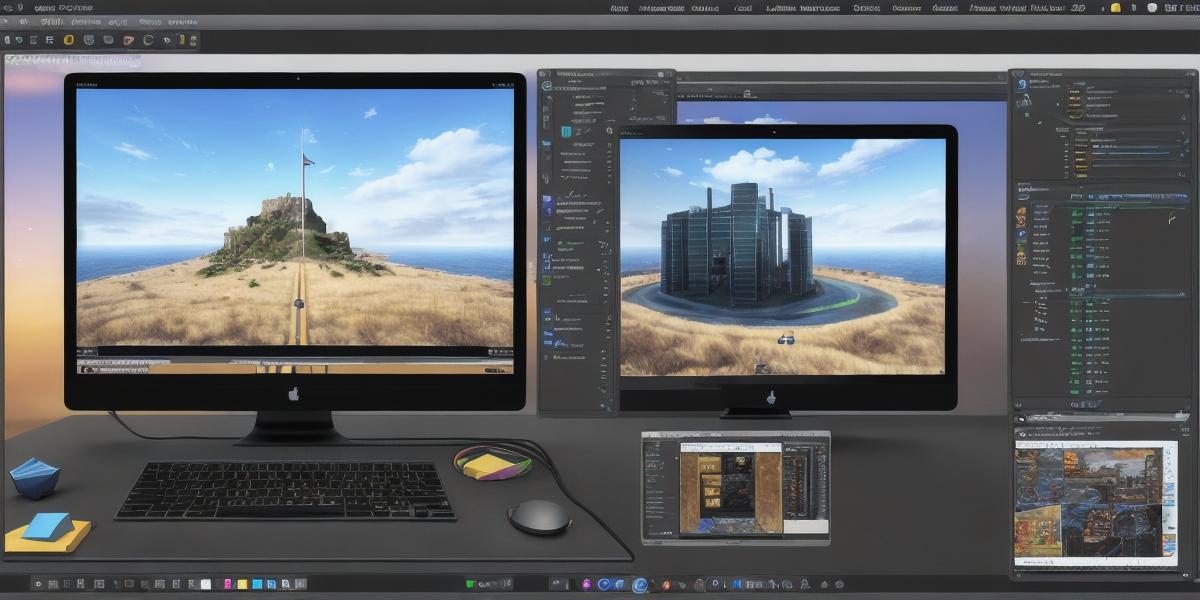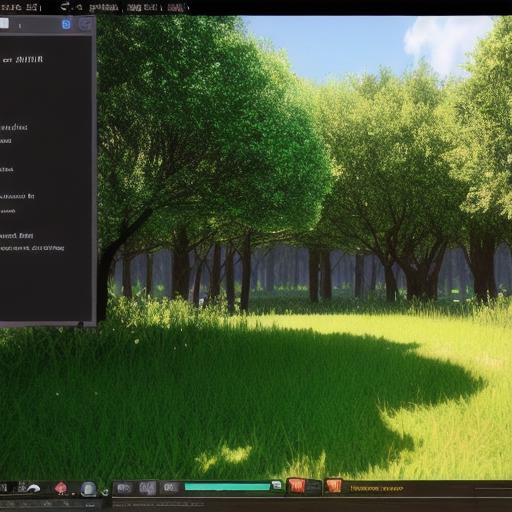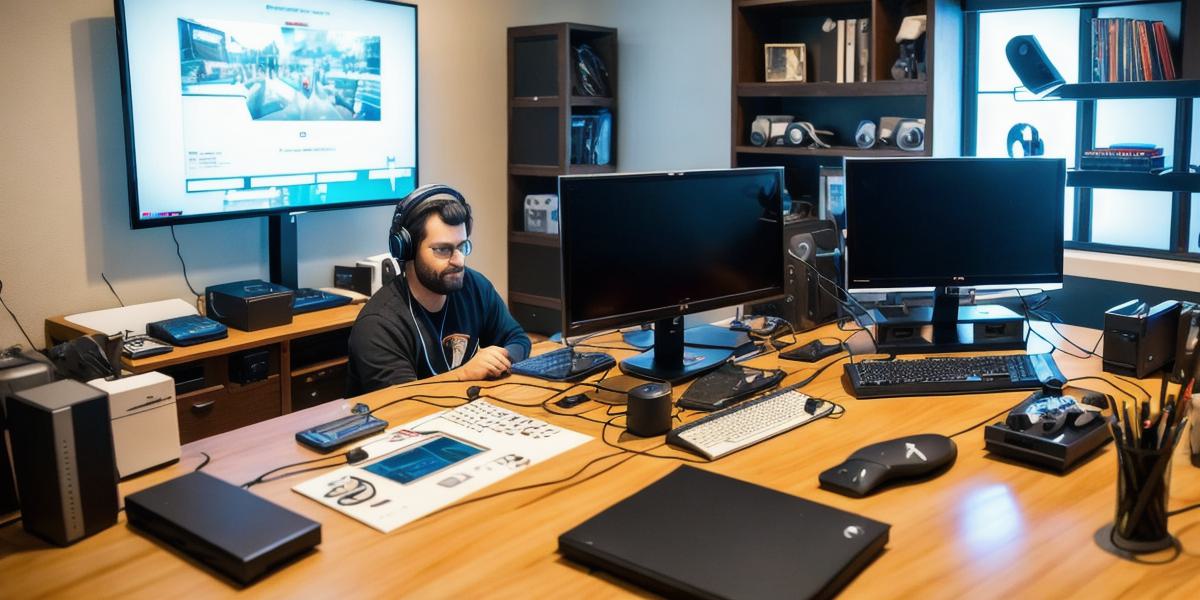Are you a Mac user looking to create games? Do you need help finding the right game development tools for your project? If so, then you’ve come to the right place. In this article, we’ll take a look at some of the best game development tools available for Mac users, and explore their features and benefits in detail. We’ll also discuss some of the key considerations when choosing a game development tool, and provide some case studies and personal experiences to help you make an informed decision.
Before we dive into the specific tools, let’s first talk about what makes a good game development tool for Mac users. There are a few key factors to keep in mind:
- User-friendly interface: The interface of the tool should be easy to navigate and understand, even if you have no prior experience with game development.
- Cross-platform compatibility: The tool should support multiple platforms, including iOS, Android, Windows, and Mac. This will allow you to reach a wider audience for your games.
- Performance: The tool should be able to handle complex game logic and graphics without slowing down or crashing.
- Support: The tool should have a strong community of users and developers who can provide support and advice when needed.
- Pricing: The tool should be affordable, with both free and paid options available.
Now that we’ve discussed what to look for let’s take a closer look at some of the best game development tools available for Mac users.
- Unity 3D
Unity is one of the most popular game development platforms in use today, with a large and active community of developers. It supports both 2D and 3D game development and can be used to create games for a variety of platforms including iOS, Android, Windows, and Mac. Unity has a user-friendly interface that allows even beginners to get started quickly, and it also includes a wide range of features such as physics simulations, animation tools, and scripting support. While Unity is a powerful tool, it can be resource-intensive, which can make it less suitable for lower-end Macs. - Construct 3
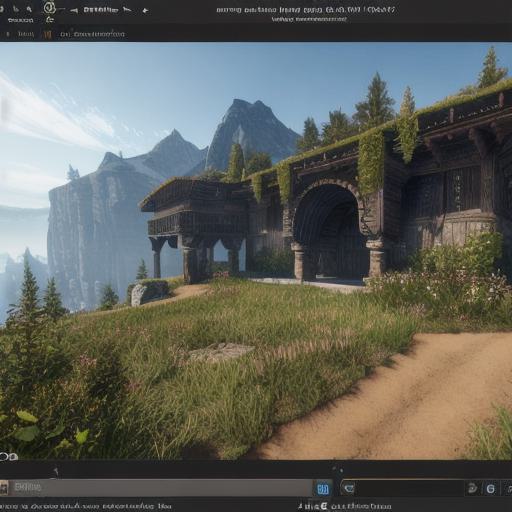
Construct 3 is another popular game development platform that’s easy to use and supports both 2D and 3D game development. It includes a drag-and-drop interface that allows you to create games without writing any code, making it an excellent choice for beginners. Construct 3 also supports a wide range of platforms including iOS, Android, Windows, and Mac, and it has a large library of pre-built assets and templates that can help speed up your development process. While Construct 3 is easy to use, it may not be as powerful or customizable as other tools like Unity. - Stencyl
Stencyl is another user-friendly game development platform that’s designed for beginners. It uses a block-based programming language that makes it easy to create games without writing any code. Stencyl supports both 2D and 3D game development and can be used to create games for a variety of platforms including iOS, Android, Windows, and Mac. While Stencyl is easy to use, it may not have as many features or customization options as other tools like Unity or Construct 3. - GameMaker Studio
GameMaker Studio is a powerful game development platform that’s designed for both beginners and experienced developers alike. It supports both 2D and 3D game development and can be used to create games for a variety of platforms including iOS, Android, Windows, and Mac. GameMaker Studio has a user-friendly interface that includes drag-and-drop programming, as well as support for scripting languages like C++ and GML. While GameMaker Studio is powerful and customizable, it can be resource-intensive, which can make it less suitable for lower-end Macs. - Godot
Godot is a free and open-source game development platform that’s designed for both 2D and 3D game development. It supports a wide range of platforms including iOS, Android, Windows, and Mac, and it’s known for its fast performance and scalability. Godot has a user-friendly interface that includes support for scripting languages like C++ and GDScript, as well as a wide range of features such as physics simulations, animation tools, and support for VR and AR development. While Godot is free and open-source, it may not have as much support or community resources as other tools like Unity or GameMaker Studio.
Now that we’ve taken a closer look at some of the best game development tools available for Mac users let’s explore some case studies and personal experiences to help you make an informed decision.
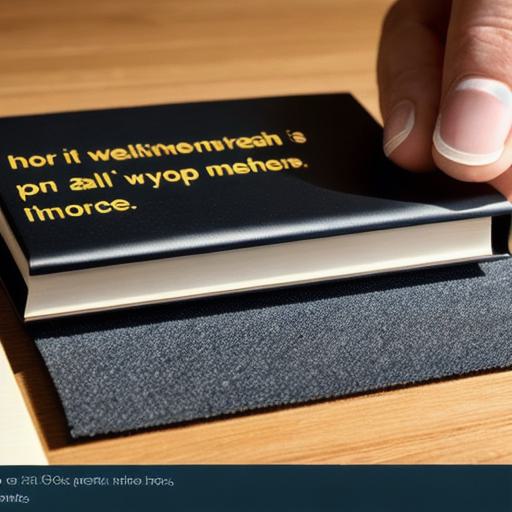
Case Study 1: A Beginner Developer
A beginner developer named John wanted to create a simple 2D platformer game for iOS using Unity. He had no experience with game development, but he was drawn to Unity’s user-friendly interface and the wide range of resources available online. John found it easy to get started with Unity, and he was able to create a functional prototype of his game in just a few weeks. However, he soon realized that Unity could be resource-intensive, especially when working with complex graphics or physics simulations. To address this issue, John upgraded to a more powerful Mac and made sure to optimize his game for performance.
Personal Experience 1: A Professional Developer
A professional developer named Sarah has been using Unity for several years and has created multiple successful games for iOS and Android. She loves the flexibility and customization options that Unity offers, as well as the wide range of assets and templates available in the Unity Asset Store. Sarah also appreciates Unity’s support community, which has helped her troubleshoot issues and get advice on best practices. However, she recognizes that Unity can be resource-intensive, especially when working with complex graphics or physics simulations, and she often has to optimize her games for performance.
Case Study 2: A Budget Developer
A budget developer named Mike wanted to create a simple 2D game for iOS using Stencyl. He was drawn to Stencyl’s block-based programming language and the fact that it didn’t require any coding experience. Mike found it easy to get started with Stencyl, and he was able to create a functional prototype of his game in just a few days. However, he soon realized that Stencyl may not have as many features or customization options as other tools like Unity or Construct 3. To address this issue, Mike decided to upgrade to a more powerful Mac and explore other tools like GameMaker Studio or Godot.
Personal Experience 2: A Teacher
A teacher named Lisa has been using Construct 3 in her game development classes for several years. She loves the fact that Construct 3 is easy to use and doesn’t require any coding experience, making it an excellent choice for beginners. Lisa also appreciates Construct 3’s wide range of assets and templates, which have helped her students create games quickly and efficiently. However, she recognizes that Construct 3 may not be as powerful or customizable as other tools like Unity or Godot.
Now that we’ve discussed some case studies and personal experiences let’s take a closer look at the pricing options for these game development tools.
Unity offers both free and paid versions of its software, with the free version limited to 2D projects and the paid version starting at $49 per month. Construct 3 also offers both free and paid versions, with the free version limited to basic features and the paid version starting at $49 per month. Stencyl offers a subscription-based model, with pricing starting at $15 per month. GameMaker Studio also offers both free and paid versions, with the free version limited to basic features and the paid version starting at $9.95 per month. Finally, Godot is completely free and open-source, making it an attractive option for budget developers or those who want to learn game development without breaking the bank.
In conclusion, there are several great game development tools available for Mac users, each with its own strengths and weaknesses. If you’re a beginner developer looking for an easy-to-use tool with a wide range of assets and templates, Stencyl or Construct 3 may be the best option for you. If you’re a professional developer looking for a powerful and customizable tool with advanced features like VR and AR development, Unity or GameMaker Studio may be the way to go. And if you’re on a budget or just starting out in game development, Godot is definitely worth considering. Ultimately, the best tool for you will depend on your specific needs and goals, as well as your level of experience and expertise.
